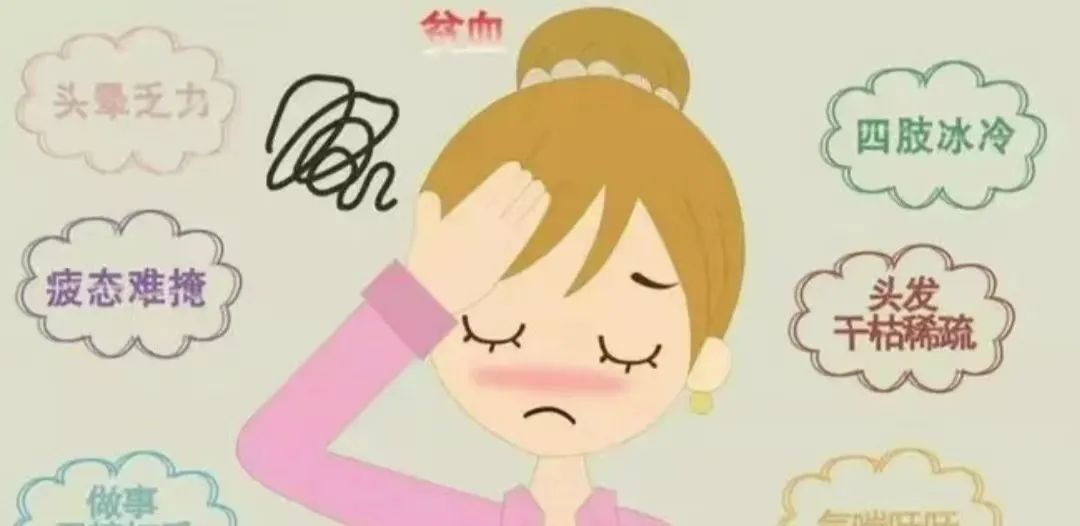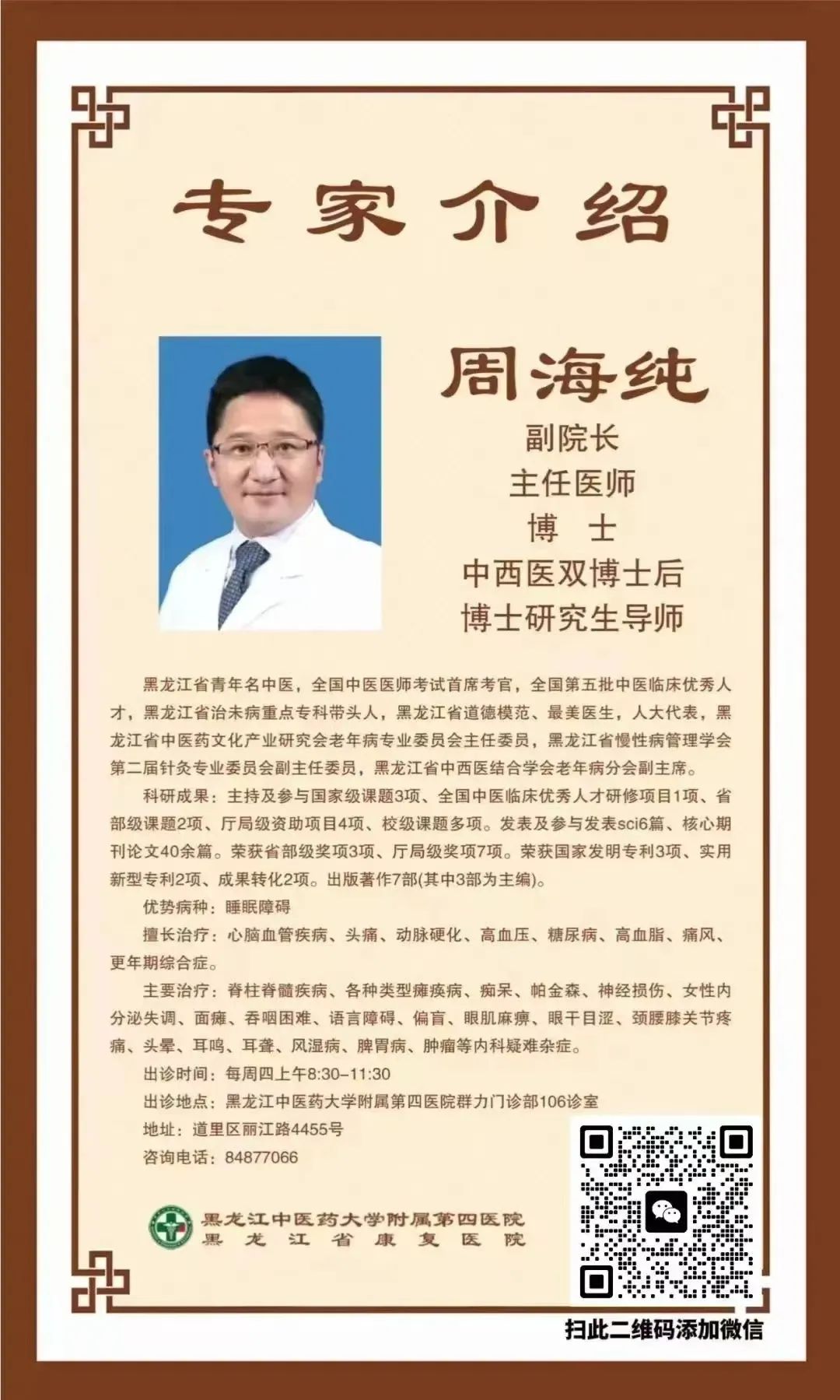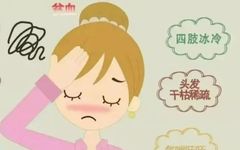


01
Si Jun Zi Tang (Four Gentlemen Decoction)

According to the Taiping Huimin Heji Ju Fang (Formulas from the Bureau of People’s Welfare), “Si Jun Zi Tang” is used to treat deficiency of Qi in the defensive and nutritive levels, weakness of the organs, abdominal distension, loss of appetite, intestinal rumbling, diarrhea, and vomiting. Regular consumption warms the spleen and stomach, enhances appetite, and dispels cold pathogens and dampness.

Xue (Blood)
02
The Ling Shu (Spiritual Pivot) states: “The middle jiao receives Qi and extracts essence, transforming it into red, which is called blood.” This means that the refined substances generated by the spleen and stomach in the middle jiao are the fundamental materials for blood production. Additionally, during the process of blood formation, the functions of nutritive Qi and the heart-lung system are also involved in the transformation into blood. At the same time, the essence stored in the kidneys concentrates in the bones, transforming into marrow, which in turn transforms into blood. Furthermore, the essence also returns to the liver, thus transforming into clear blood. Therefore, the generation of blood is closely related to the functions of the spleen, stomach, heart, kidneys, and liver.



 Video reprinted from the uploader: Kuang Wu
Video reprinted from the uploader: Kuang Wu








Spleen and Stomach
The spleen and stomach are regarded as the source of Qi and blood production. Therefore, by strengthening the spleen and stomach and tonifying spleen Qi, one can effectively promote the generation and nourishment of Qi and blood. The spleen governs transportation and transformation, responsible for converting ingested food into the essence of water and grains, which then transforms into Qi and blood. When the spleen and stomach are weak, their functional capacity is impaired, leading to insufficient Qi and blood, resulting in various symptoms. Thus, tonifying the Qi of the spleen and stomach is key to nourishing blood. In the process of tonifying the Qi of the spleen and stomach to nourish blood, TCM often employs various methods. Among them, the use of Chinese herbs is a common approach. For example, Si Jun Zi Tang (Four Gentlemen Decoction), Xiang Sha Liu Jun Zi Tang (Aromatic Sand Six Gentlemen Decoction), and Shen Ling Bai Zhu San (Ginseng and Poria Powder) all have the effects of strengthening the spleen, benefiting Qi, and nourishing blood and fluids. These medicines can enhance the function of the spleen and stomach, promoting the generation and circulation of Qi and blood. Additionally, acupuncture and moxibustion are also commonly used TCM therapies to tonify the Qi of the spleen and stomach for blood nourishment. By stimulating specific acupuncture points, one can regulate the functions of the spleen and stomach, improving the state of Qi and blood. Furthermore, TCM emphasizes the importance of dietary regulation. It is recommended to consume easily digestible, nutrient-rich foods while avoiding spicy, cold, and greasy foods to reduce the burden on the spleen and stomach and promote the generation of Qi and blood.
In TCM theory, the kidneys are considered the foundation of congenital essence, which is the source of blood production. When kidney Qi is sufficient, essence can generate blood, and blood can nourish Qi, achieving a state of harmony between Qi and blood, and balance of Yin and Yang. When kidney Qi is insufficient, it may lead to deficiency of essence and blood, resulting in symptoms such as pale complexion, dizziness, palpitations, insomnia, and fatigue. At this time, by tonifying kidney Qi, one can indirectly promote the generation and nourishment of blood, achieving the goal of nourishing blood. In the process of tonifying kidney Qi to nourish blood, TCM often employs various methods. Firstly, dietary regulation is fundamental, and one can choose foods that have the effect of tonifying the kidneys and nourishing blood, such as black sesame, black beans, goji berries, and walnuts. Secondly, physical exercise is also an important means, such as Tai Chi and Ba Duan Jin, which help to harmonize Qi and blood and strengthen the kidneys. Additionally, herbal treatment and TCM therapies such as acupuncture and massage can also be selected based on individual constitution and condition.
Kidneys
Jin Ye (Body Fluids)
Body fluids refer to all normal fluids in the body, which have the function of moistening and nourishing, while blood is the red liquid substance that circulates in the vessels, rich in nutrients and nourishing the entire body. Therefore, tonifying body fluids helps to promote the generation and nourishment of blood, thus achieving the goal of nourishing blood.









Author: Ji Mengyuan
Reviewer: Li Yinjiao

